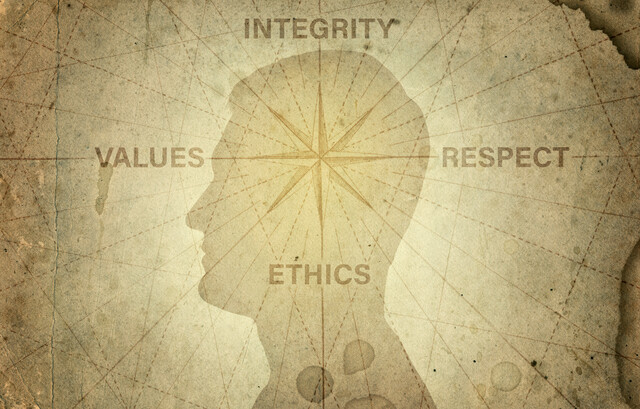In short, a credit report is a summary of an individual's financial stability. While a credit report is predominantly a historical account of one's ability to pay debts and other bills, it also may take into account one's previous attempts to obtain credit.
Prepared by credit bureaus (also known as credit reporting agencies), under the federal Fair Credit Reporting Act (FCRA),* credit reports are typically a tool used by lenders, employers, and others who have a viable reason (for instance loan and insurance policy considerations, and apartment lease applications) for reviewing an individual's financial capabilities.
Adding into the credit assessment mix are such considerations as: the individual's previous credit history and subsequent dealings with various forms of credit, such as credit cards (number of existing cards in individual's name, timeliness of payments, lines of available credit, and so on), loans (amounts, repayment histories, delinquencies), and number of credit line inquiries (as an example, credit card applications).
More precisely, credit reports contain the following four central components:
-
Identifying Information. Individual's name, Social Security number, current and previous addresses, telephone number, birth date, and present employer are identified in the Credit Report. As a precautionary method, these details help verify the person's identity, as well as, the accuracy of the information.
-
Public Record Information. Typically public records are the product of local courthouses, such information may include: bankruptcy records, foreclosures, tax liens, court ordered payments, and late child support payments. The purpose of such data is to discover whether the person has had any previous defaults or legal judgments filed against them. This is critical information for a lender to have as it greatly impacts a) the likelihood that a loan will be granted and b) the rate and terms accompanying the loan if indeed it is granted.
-
Other Data. Additionally, an individual's credit report will include such supplemental pieces of information as a complete listing of an individual's credit cards and loans, timeliness of payments, and negative details regarding late payments and credit agency filings.
Note: The general rule of thumb where negative credit information is concerned is that it typically remains on one's credit report for up to seven years. The exception is that of bankruptcy information, which may be publicly viewed for up to 10 years.
-
Inquiries, A person's credit history also includes a section listing the specific parties, such as creditors and lending agencies that have requested information. Such inquiries tend to remain on one's credit report for up to two years.
While it may seem as if a credit report contains everything there is to know about a person, in truth, a credit report lacks information pertaining to an individual's checking or savings account balances, investment brokerage accounts, personal demographics such as race, sex, religion, country of origin, and personal driving record.
A credit score, the number generally calculated by one of the three major credit bureaus, Equifax, Experian, or TransUnion* helps a lender or a service-based company in assessing the viability of granting a loan to an applicant.
The majority of lenders rely upon FICO� scores, the system developed by Fair Isaac Corporation.
Under the FICO� scoring system, the range is from 300 on the incredibly bad credit side to 850 on the exceptionally good credit side. Within this range, those with credits scores of 700 and higher are said to have very good credit ratings. Those who fall in the 680 to 699 range are said to have good credit scores and those within the 620 to 679 range are said to have OK (still having lending potential) credit scores.
Essentially, credit scoring is akin to a point system where, based on one's credit history, a number is assigned for the purpose of predicting the likelihood that an applicant will be able to repay a loan or make payments on time. Everyone with a credit record also has a credit score. Often times, lenders and companies use altering versions of the scoring system. Yet even if the scores differ, the endpoint remains the same as it assigns a numerical value to the individual's credit viability.
While additional factors do come into play, typically the credit report plays a significant part in determining one's creditworthiness for not only does it indicate the dollar amounts one is accustomed to spending and repaying, it also helps determine the overall risk posed by the borrower, hence the likelihood that they will repay the loan.
While loans come in a range of types and sizes, it is up to the loan officer, in combination with their supervisor, to decide on a reasonable amount of the loan based upon the individual's past credit history and their future potential earnings.
The job of a lender then is to ensure that the amount of debt that a person has is manageable. It is irrational to think that a person already loaded down with debt and has poor debt-to-income ratio will miraculously be able to take out a large scale loan and pay it back on a regular basis.






























